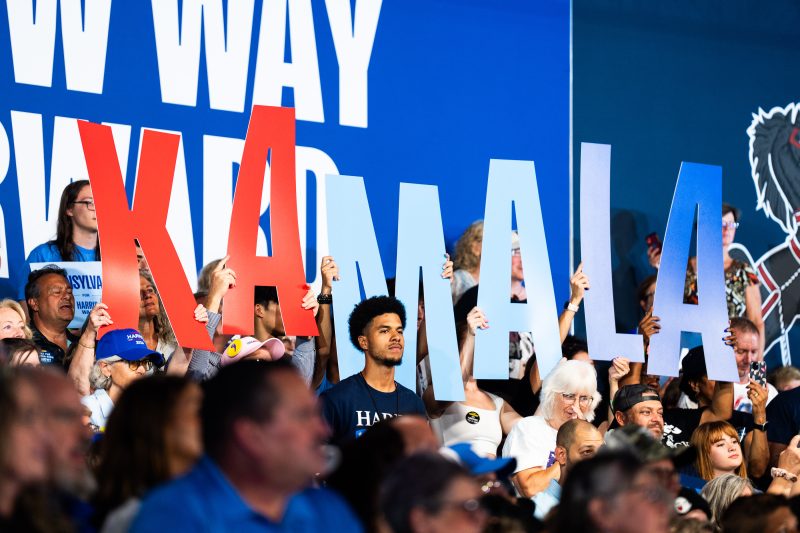In a strategic move to enhance its campaign efforts, the Harris campaign has strategically collaborated with independent Super PACs to broaden its reach and influence ahead of the final push towards the elections. This latest development underscores the growing significance of Super PACs in modern political campaigns, highlighting the intricate dynamics between political candidates and these external entities.
The partnership between the Harris campaign and independent Super PACs represents a multifaceted approach to engaging with a diverse range of supporters and donors. By leveraging the resources and expertise of these external organizations, the campaign aims to amplify its messaging, expand its fundraising capabilities, and mobilize grassroots support at a critical juncture in the electoral process.
One of the key advantages of aligning with independent Super PACs is the ability to access additional funding sources that may not be directly available to the campaign. Super PACs, operating independently from the candidate’s official campaign organization, can solicit donations from individuals, corporations, and other organizations without being subject to the same contribution limits and disclosure requirements that apply to traditional campaign finance structures.
Furthermore, the involvement of Super PACs enables the Harris campaign to benefit from the specialized skills and knowledge of experienced political operatives and strategists. These external entities bring a wealth of expertise in areas such as targeted advertising, voter outreach, and data analytics, allowing the campaign to fine-tune its messaging and tactics for maximum impact in the final stages of the race.
However, the reliance on independent Super PACs also raises ethical and transparency concerns, as these organizations operate with a degree of autonomy and are not bound by the same regulations that govern official campaign activities. Critics argue that this lack of accountability can create opportunities for undisclosed influence and potential conflicts of interest, undermining the transparency and integrity of the electoral process.
Despite these challenges, the Harris campaign’s decision to engage with independent Super PACs reflects a strategic calculation to harness the strengths of these external entities in a highly competitive political environment. As the campaign enters the final stretch leading up to the elections, the collaboration with Super PACs is poised to play a critical role in shaping the outcome and amplifying the candidate’s message to a broader audience.
In conclusion, the partnership between the Harris campaign and independent Super PACs exemplifies the evolving landscape of modern political campaigns, where strategic alliances with external entities can significantly impact the trajectory and effectiveness of candidate outreach efforts. By capitalizing on the resources and expertise of Super PACs, the campaign demonstrates a proactive approach to maximizing its influence and engagement with voters in the final push towards electoral success.


























